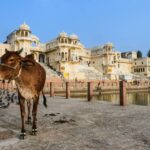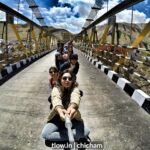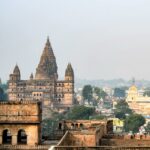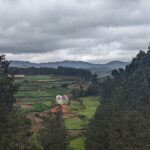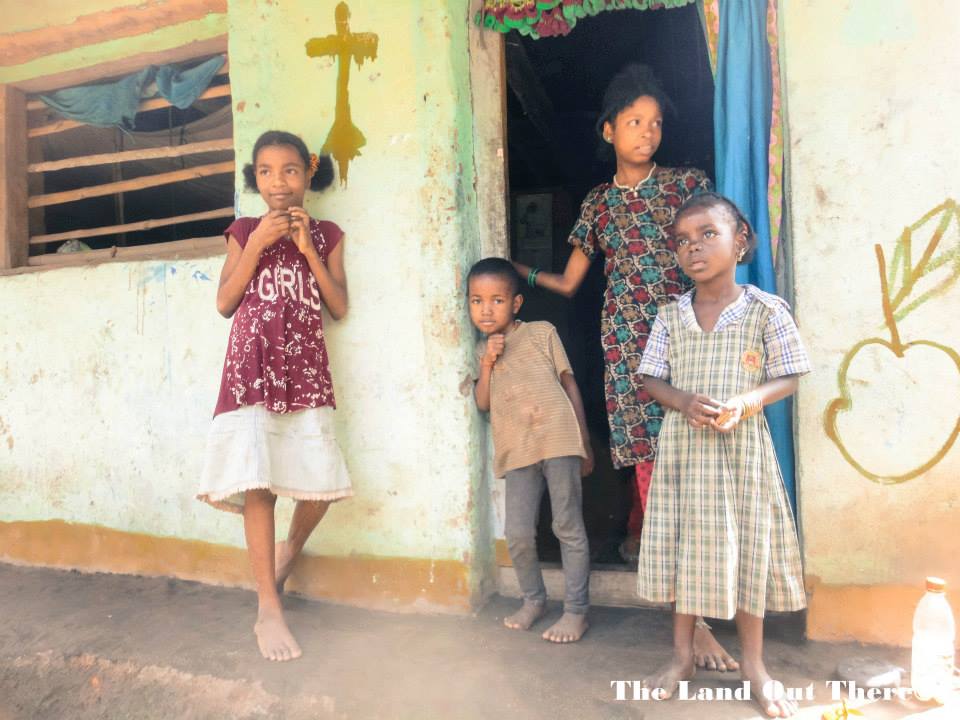
Siddi Tribe: 6 Facts To Blow Your Mind
The Siddi Tribe is an ethnic group in India, particularly found in the state of Karnataka. Here’s some information about the Tribe in Karnataka:
Table of Contents
1. Siddi Origin:
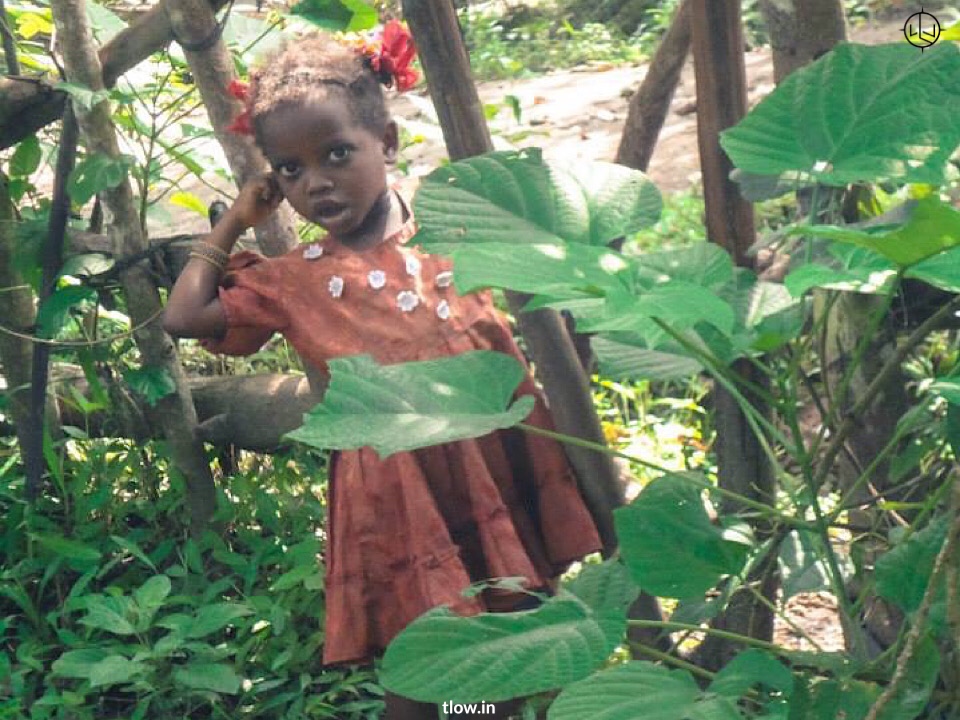
The people are believed to be descendants of Africans who were brought to India as slaves or soldiers by Portuguese and Arab traders during the colonial period. Over the centuries, they assimilated with the local population and developed a unique Afro-Indian culture.
2. Settlements:
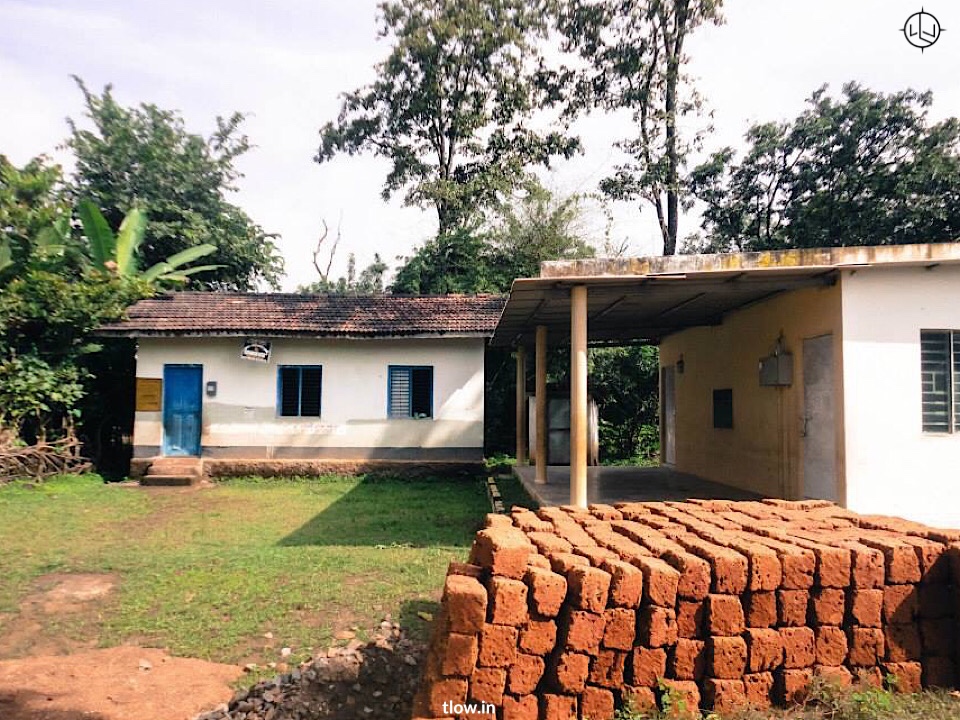
The Siddis in Karnataka primarily reside in small villages and settlements in the Haliyal, Yellapur, and Mundgod regions of the state. They have established their own distinct communities and continue to preserve their cultural identity.
3. Cultural Heritage:
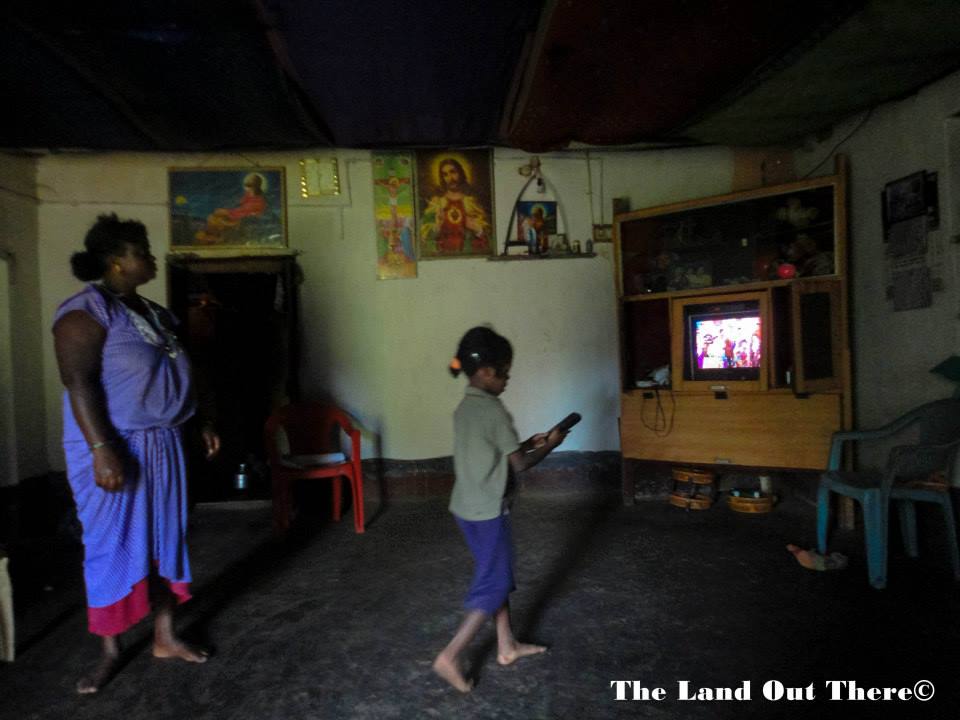
They have a rich cultural heritage that reflects a fusion of African and Indian elements. They have their own traditional music, dance, and art forms. The music is often accompanied by the use of traditional African instruments like drums and shakers. The Goma dance, performed by the men wearing elaborate costumes, is a theatrical form that celebrates their ancestral roots.
4. Language:
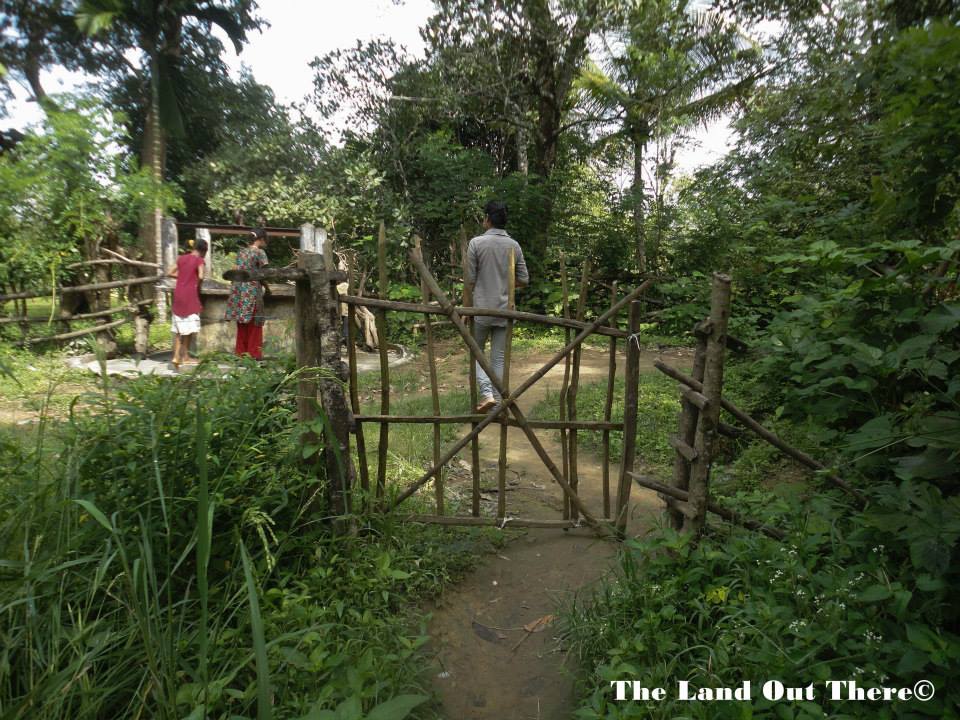
The people in Karnataka primarily speak the Indo-African language called Siddi (Kannada or -Arabic) which is a mixture of Kannada (a regional language) and Bantu (an African language) influences. However, many Siddis are also fluent in other local languages like Marathi and Hindi.
5. Diverse Occupations:

Their community in Karnataka engages in various occupations. Agriculture, horticulture, and farming are significant livelihoods, with the cultivation of crops like rice, sugarcane, and millets. Some also work as laborers, artisans, or in professions such as teaching and government services.
6. Cultural Festivals:
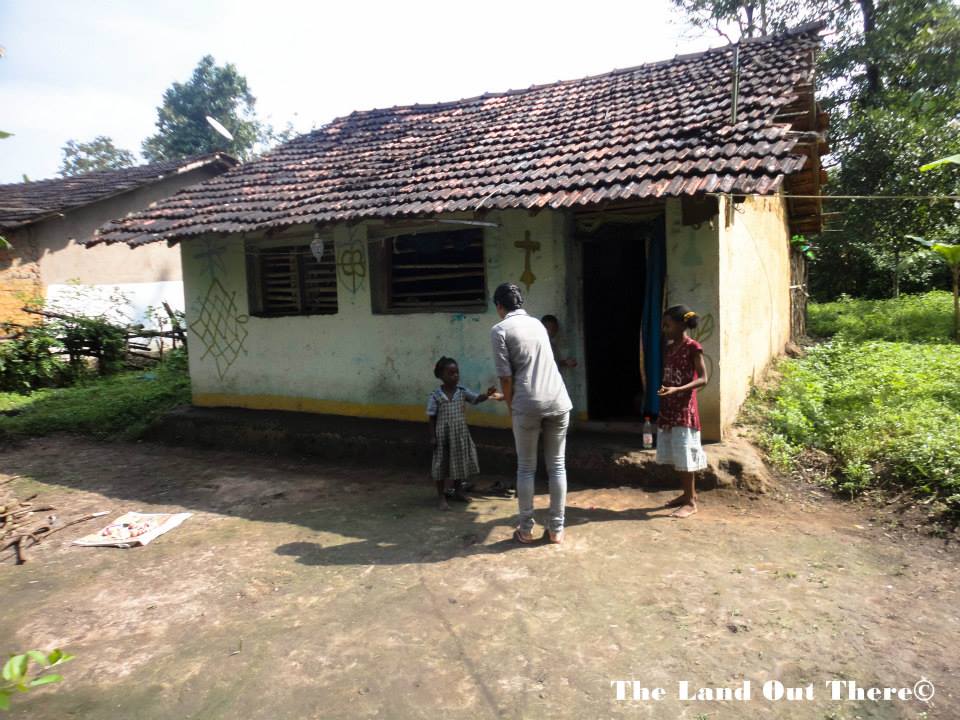
The community celebrates several cultural festivals throughout the year. One of the most significant celebrations is the Siddi Habba or the Siddi Festival, which takes place in January and is marked by traditional music, dance performances, and sports activities.
Visiting the village communities in Karnataka can provide a unique opportunity to learn about their fascinating history, culture, and way of life. It is a chance to witness the resilience and cultural diversity that makes India such a vibrant country.

